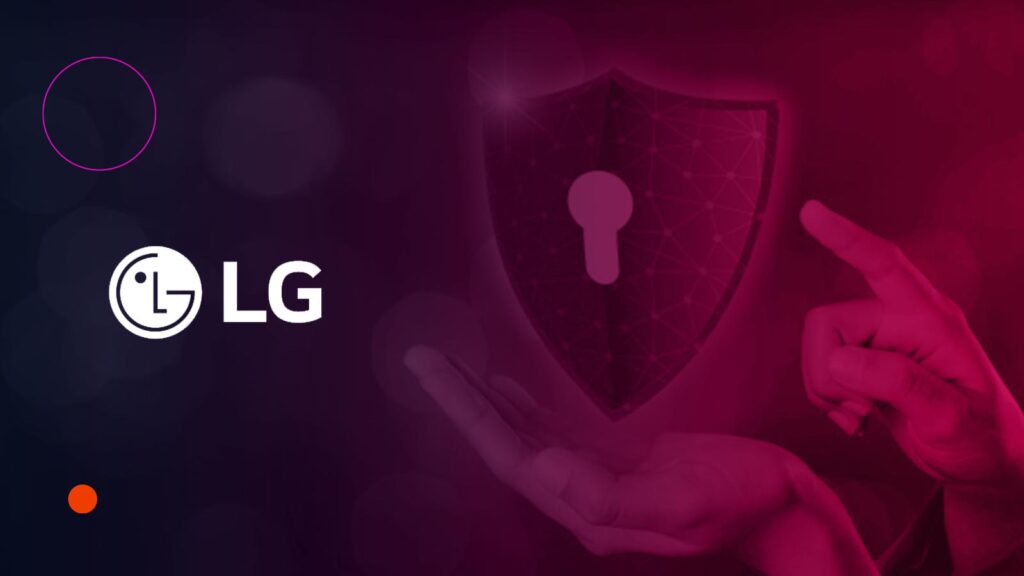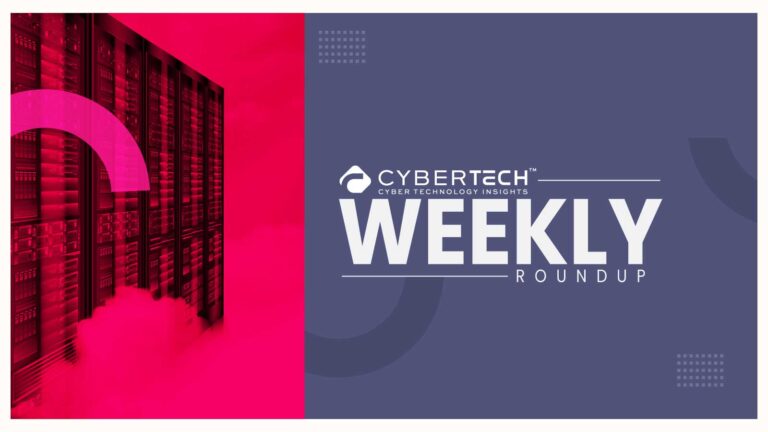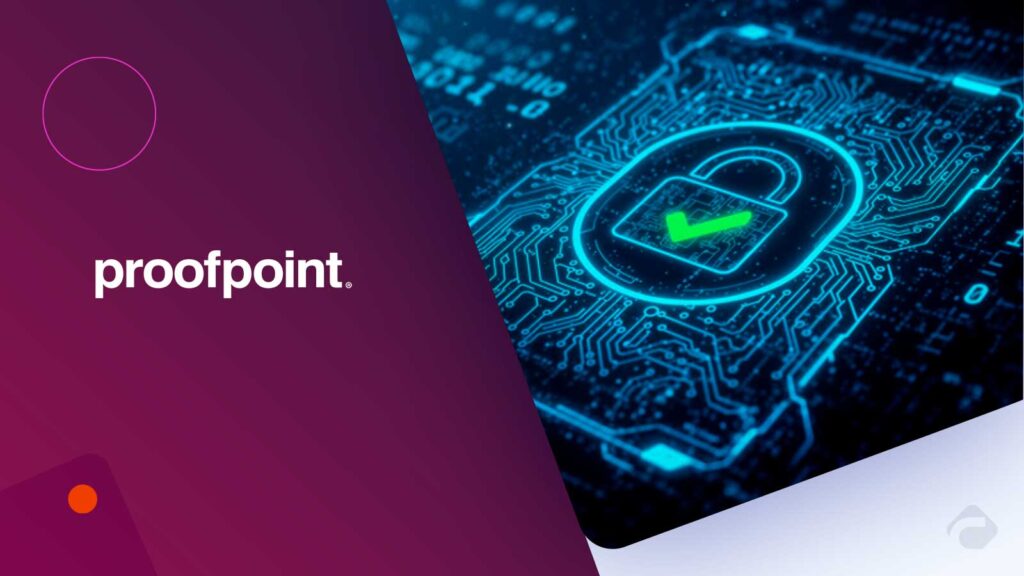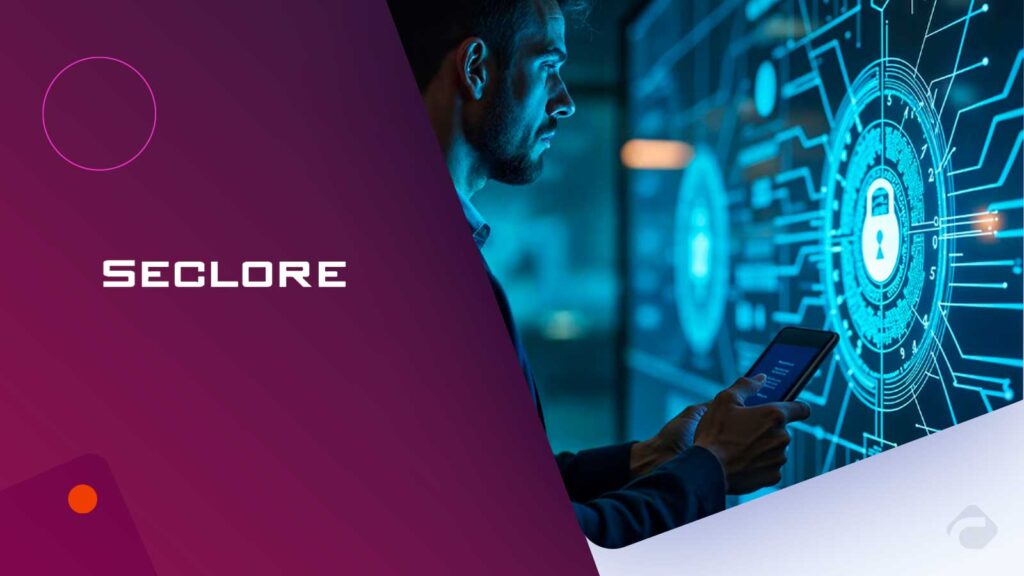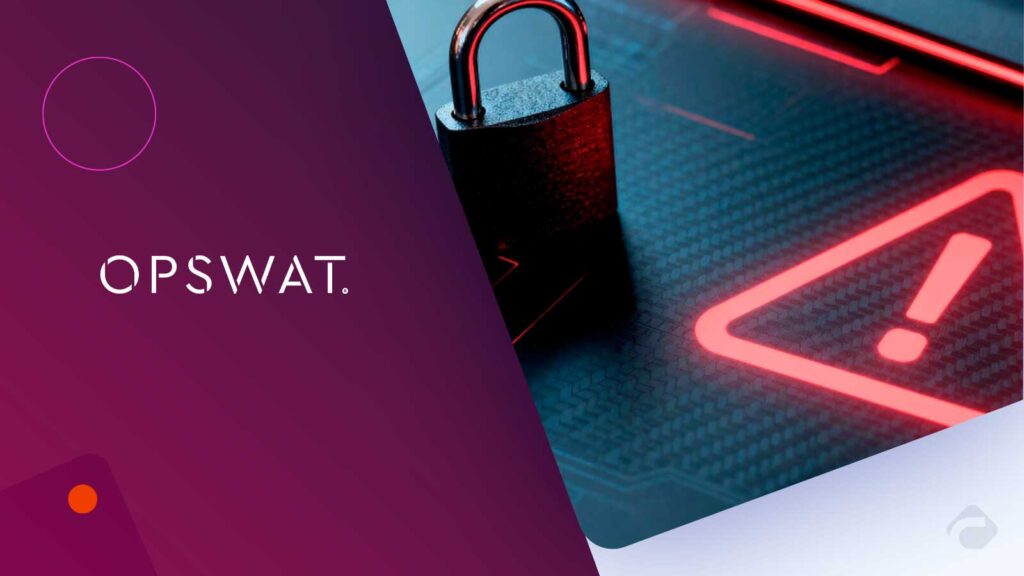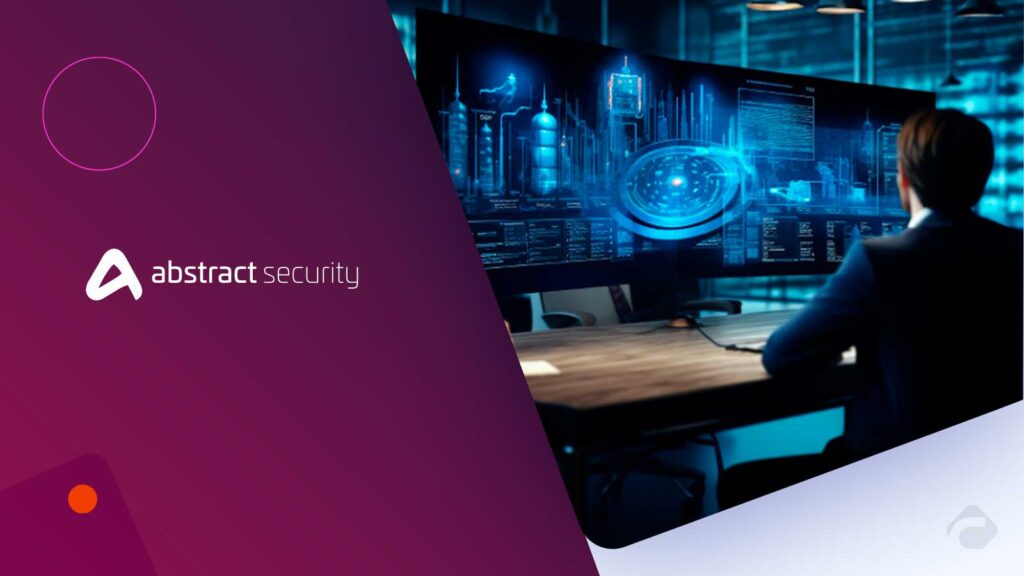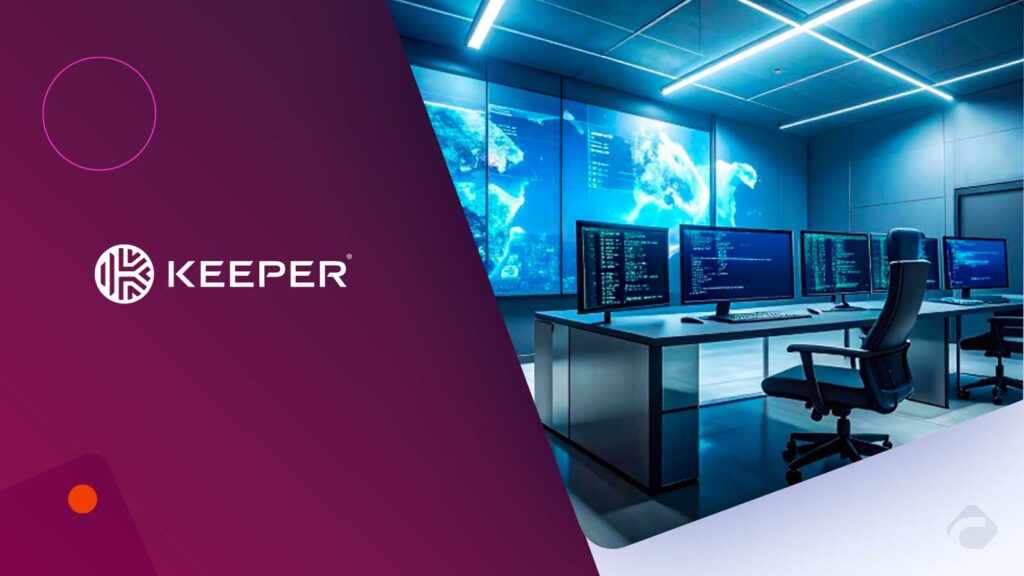On January 15, 2025, LG Electronics announced a major advancement in its cybersecurity initiatives by obtaining accreditation from the Korea Laboratory Accreditation Scheme (KOLAS) for its Software Testing Laboratory. This accreditation empowers LG to conduct cybersecurity testing for Internet of Things (IoT) devices, reinforcing the company’s commitment to secure connected technologies in an era increasingly dominated by artificial intelligence (AI) and IoT.
Global Recognition and Testing Capabilities
The KOLAS accreditation is recognized under the International Laboratory Accreditation Cooperation Mutual Recognition Arrangement (ILAC-MRA), which means that test reports from LG’s laboratory will be acknowledged globally, including in key markets such as the U.S. and Japan. This achievement allows LG to streamline its compliance processes, significantly reducing both the costs and time associated with obtaining necessary certifications for its innovative products.
LG’s Software Testing Laboratory stands out as the first manufacturer-run testing facility in South Korea to receive this KOLAS’ internationally recognized accreditation. The lab has expanded its expertise beyond IoT devices to include software safety for home appliances and automotive systems. This strategic enhancement positions LG to efficiently address emerging cybersecurity regulations and demands across diverse global markets.
Recommended: Passbolt Raises $8M Series A to Boost Password Security & Access Management
Commitment to Responsible Intelligence
In line with its Responsible Intelligence initiative, LG is dedicated to ensuring that its AI-enabled products are secure and reliable. The company has implemented a comprehensive array of cybersecurity protocols throughout the entire product lifecycle—from initial design and development to post-launch support. This holistic approach aims to minimize the risks associated with data breaches and protect sensitive customer information.
Expansion of LG Shield
In conjunction with the KOLAS accreditation, LG is expanding its advanced AI-based security system known as “LG Shield.” This system is designed to safeguard user data and software platforms across LG’s growing range of AI-enabled products. By employing sophisticated encryption techniques, LG Shield protects sensitive information while providing real-time threat detection capabilities.
The system prevents data leakage by encrypting personal data and securely storing encryption keys in isolated digital spaces. Additionally, it ensures that operating systems are protected through secure server environments that guard against unauthorized access and manipulation of operational code or data.
Recommended: DTEX Systems Joins OpenSearch Software Foundation
Future Directions
As IoT devices become more integrated into daily life, the importance of robust cybersecurity measures cannot be overstated. LG’s proactive initiatives reflect a broader industry trend toward prioritizing security in product development. The company aims not only to comply with existing regulations but also to set new standards for safety and reliability in consumer electronics.
With KOLAS accreditation now established, LG is well-positioned to navigate future challenges in the cybersecurity landscape. The company plans to leverage its testing capabilities not just for compliance but also as a competitive advantage in an increasingly complex tech market.
FAQs
1. What is the significance of LG obtaining KOLAS accreditation?
LG’s accreditation from KOLAS allows its Software Testing Laboratory to conduct cybersecurity testing for IoT devices. This recognition means that test reports from LG will be globally acknowledged, enhancing the credibility and efficiency of its product testing processes while reducing costs and time for compliance in over 100 countries, including the U.S. and Japan.
2. How does LG’s “LG Shield” enhance cybersecurity for its products?
The “LG Shield” is an advanced AI-based security system designed to protect user data and software platforms across LG’s AI-enabled products. It employs encryption techniques to safeguard sensitive information and utilizes secure server environments to prevent unauthorized access. Additionally, it provides real-time threat detection to mitigate risks associated with data breaches.
3. What measures does LG take to ensure cybersecurity throughout the product lifecycle?
LG implements a comprehensive array of cybersecurity protocols from the initial design phase through development and post-launch support. This approach is aimed at minimizing risks of data breaches by ensuring secure management of sensitive personal information and user-generated data throughout the entire lifecycle of its products.
Recommended: RecovR ID Check Shields Auto Dealers from Fraud & Theft
Conclusion
LG Electronics’ recent KOLAS accreditation marks a significant step forward in enhancing its cybersecurity framework, underscoring its commitment to providing secure IoT solutions. Through rigorous testing processes and the expansion of innovative security systems such as LG Shield, LG is positioning itself as a leader in ensuring the safety of connected devices. As technology continues to evolve, these initiatives will play a crucial role in shaping a secure digital future for consumers worldwide.
To participate in our interviews, please write to our CyberTech Media Room at news@intentamplify.com

